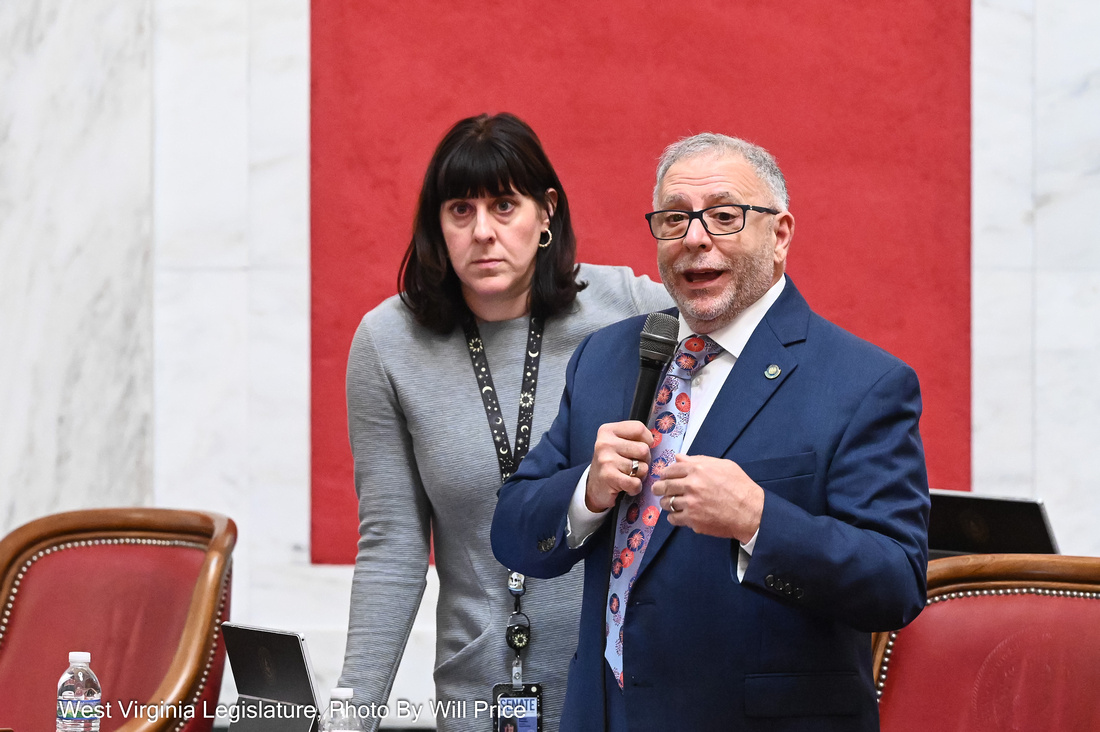Hearing aids can now be purchased over the counter at stores nationwide as part of President Joe’s Biden’s effort to increase access to the pricey devices.
Hearing aids can now be purchased over the counter at stores nationwide as part of President Joe’s Biden’s effort to increase access to the pricey devices.
Only one in four adults who could benefit from a hearing aid have ever used them, according to data from federal health officials.
The cost for over-the-counter hearing aids ranges from $200 to $1,000 a pair, and they’re meant for people with mild to moderate hearing loss.
The price tag for a specialized pair, required for people with more severe hearing loss, ranges from $2,000 to $8,000. Hearing aids aren’t covered by all insurance plans, and most Medicare plans do not cover routine hearing care or hearing aids.
Dr. Nancy Aarts, associate professor at West Virginia University’s School of Audiology, said audiologists have struggled even more during the COVID-19 pandemic to find affordable hearing aid options for patients – something that is often needed with West Virginia’s high poverty rate.
“Over the counter technology is really good for the country, and we still need the prices of hearing aids down,” Aarts said. “What I hope to see is an outcome that would cause people who sell hearing aids to lower their prices.”
West Virginia Association for the Deaf President Chris Mick said he regularly speaks with people suffering from hearing loss who cannot afford hearing aids.
“For someone who has profound hearing like me, (over-the-counter hearing aids) would not work,” said Mick, who provided this interview through an interpreter.
The West Virginia Department of Health and Human Resources shared this resource for people who need financial assistance paying for hearing aids, though Mick noted some of the resources still have barriers, like requiring employment.
Aarts emphasized the over-the-counter option should not deter people from seeing an audiologist, who could diagnose other hearing issues and treatment.
“Hearing aids are not the only answer to people who have trouble communicating because of their hearing. There are other services audiologists offer,” she said.
